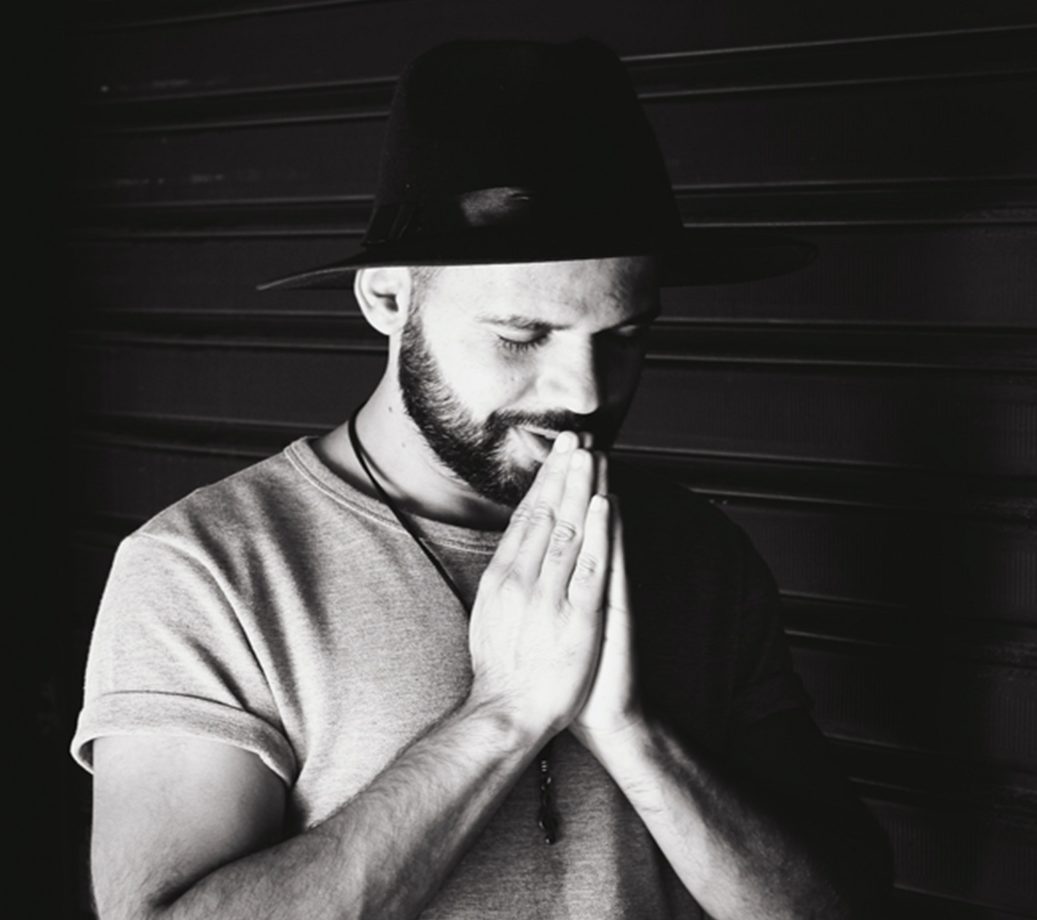And How To Develop The Habit
I have friends living in volatile places around this world of ours. When I hear about the disasters and crises they are enduring on the news, I’ll write them. They never ask for money, but they inevitably ask for prayer.
The second century Christian apologist, Aristides of Athens, writing at a time when the Way of Jesus was deemed suspicious, wrote, “The world stands by reason of the intercession of Christians.” Clement of Alexandria, also in the second century, said, “(Prayer) is the only good force, to force God and to seize life from God.”
We need to pray. Disciples do not grow without prayer. Christian unity is not maintained without prayer. The world is not transformed without prayer.
Jesus modeled a life of prayer for his disciples
Jesus lived on dependent, conversational friendship with God the Father. “One day Jesus was praying in a certain place. When he finished, one of his disciples said to him, ‘Lord, teach us to pray…’” (Luke 11:1).
Clearly, the disciples witnessed something routine and powerful in Jesus’ prayer life that they realized they couldn’t do without.
Jesus spoke about prayer with his disciples a lot
He told a parable of a persistent widow who badgers a judge for justice until he caves, holding up incessant bothering as the kind of praying God likes. Luke says Jesus was teaching his disciples “that they should always pray and not give up” (Luke 18:1). Jesus implies this bothersome praying that leads to what is just in the world as the type of faith he’ll be looking for when he returns: “However, when the Son of Man comes, will he find faith on the earth?” (Luke 18:8).
Faithful prayer is Jesus’ expectation of his followers.
Jesus made bold promises about corporate prayer
“Again, truly I tell you that if two of you on earth agree about anything they ask for, it will be done for them by my Father in heaven” (Matthew 18:19). The condition for this amazing promise is right relationships between his followers. Elsewhere he says, “You may ask me for anything in my name, and I will do it” (John 14:14). The condition for this powerful promise is a community believing in Jesus’ divine identity.
Great promises are connected to unified, believing prayer. The life of a God-shaped community and character the Church has found to be powerful and effective (James 5:16).
The disciples learned the lessons of prayer
They couldn’t stop praying:
- They were devoted to it (Acts 2:42).
- It was their first response when the world was out of control (Acts 4:23-31).
- They were joyfully surprised – even shocked – by answered prayer (Acts 12:12-17).
- Prayer led them into danger – like when Ananias heard Jesus ask him to go to a persecutor named Saul (Acts 9:10-17).
- Prayer led them out of danger – grounding Paul’s sure belief that not one soul would be lost on the raging sea (Acts 27:21-26).
- Prayer was the source of mission and the advance of God’s Kingdom (Acts 16:6-10; Ephesians 6:18-20).
Prayer is what Christians keep at when the world doesn’t make sense, the answers are long in coming, and even beyond life in this world (Revelation 6:9-11).
Slow Down and Consider
What needs transforming? What in your life, household or family circle must change? What about your church? What’s going on in your city? What is a friend going through? What global event or calamity has captured your attention? The Bible and Christian history testify: nothing will begin to look and smell like heaven, hope and reconciliation will remain distant, without prayer.
How might you develop a habit of prayer?
- Why not begin with the Lord’s prayer each morning (Matthew 6:9-13)?
- Why not use your phone to call you to chat with your Heavenly Father (I have five daily alarms set on my phone to remind me of specific needs)?
- Why not commit to prayer with others – like your spouse or with another disciple or two?
You need to pray. The truth is, God needs his disciples to pester him in prayer.
About


